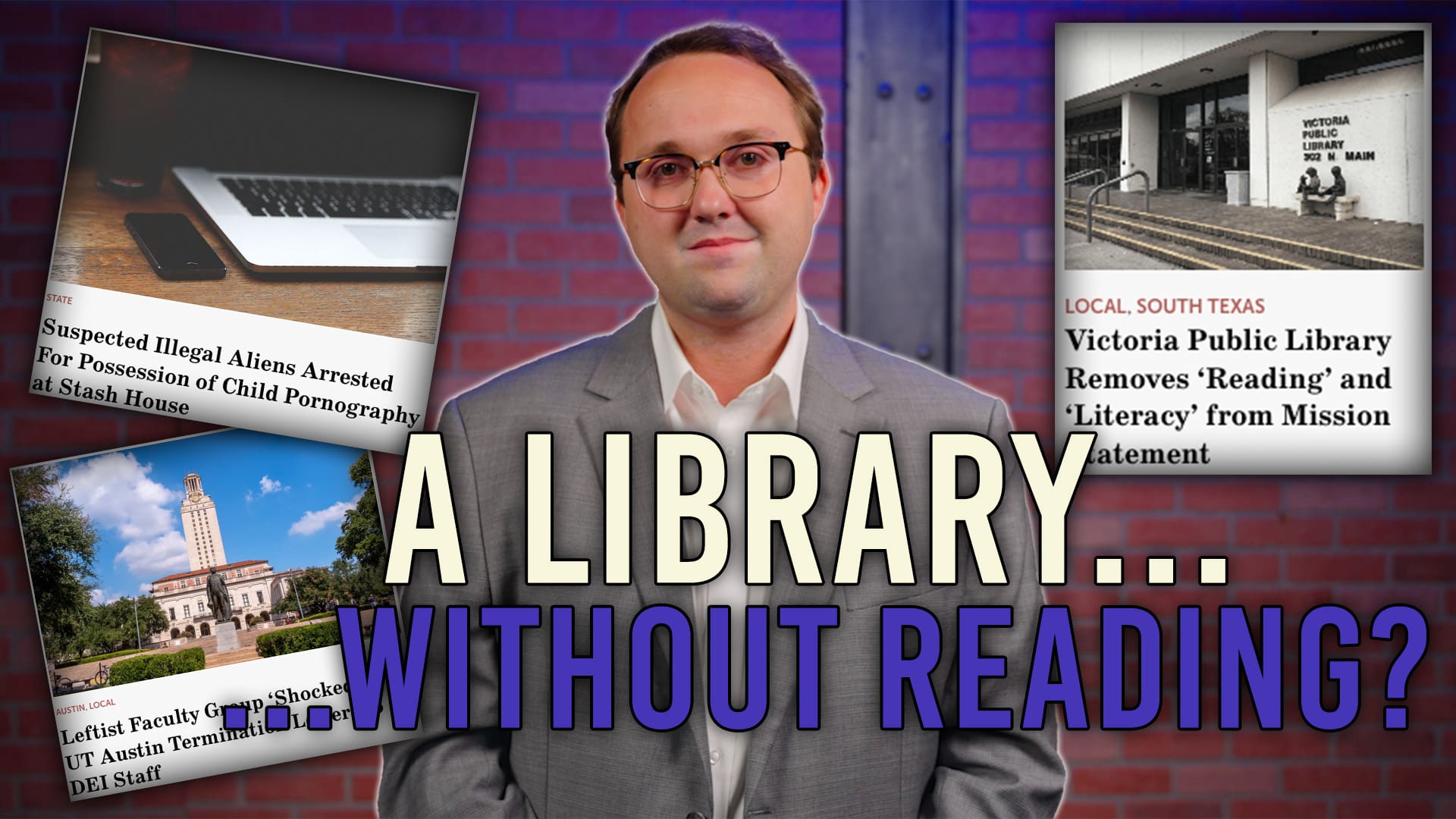Not surprisingly, the Fort Worth Star Telegram editorial board is offering poor advice to taxpayers.
We at Texans for Fiscal Responsibility are going to be recommending that voters support propositions 2, 3 and 5 while keeping in mind they are temporary and incomplete solutions to the ultimate problem, our property tax system. Texas’ property tax system is a complex and costly taxing mechanism and we would all be well served to move away from it as a source of funding.
The first property tax amendment on the ballot is Proposition 2, which will change current appraisal practices, restricting taxing entities from taxing homesteads at commercial appraisal levels under the “highest and best use” clause. Michael Quinn Sullivan posted a quick 2 minute video on the proposition and why it is good for taxpayers. Link to Video
Employing a somewhat comical “watch out for Big Government scare tactic,” the big-government FWST argues against Proposition 3 by claiming that it is bad because it comes from Austin.
What Proposition 3 will do is create uniform standards for appraisals and charge the Legislature with determining those standards. Currently there is no law empowering uniform appraisal practices and as a result practices vary greatly across taxing entities. Making these practices uniform will decrease the difficulty in the comptroller’s office in conducting its yearly value study and make taxing policy easier to understand for constituents.
This amendment will not take away control that exists at the local level to appraise and tax property but will simply make appraisal methods uniform.
Proposition 5 will allow counties to combine boards of equalization. This is an especially useful measure for rural counties to have at their disposal. As is often the case qualified workers are difficult to find in those jurisdictions and by having the ability to combine this will allow those who are qualified to serve.
The only opposition to this proposal that FWST can cite is that it does not adequately consolidate. This is an amendment that will be permissive, not a mandate. Once the districts are able to combine boards of equalization, who’s to say they won’t work for further consolidation and cost-savings, especially when taxpayers see the realized savings that come from consolidating two or more bureaucracies into one.
Fort Worth Star Telegram editorial positions can be found here




